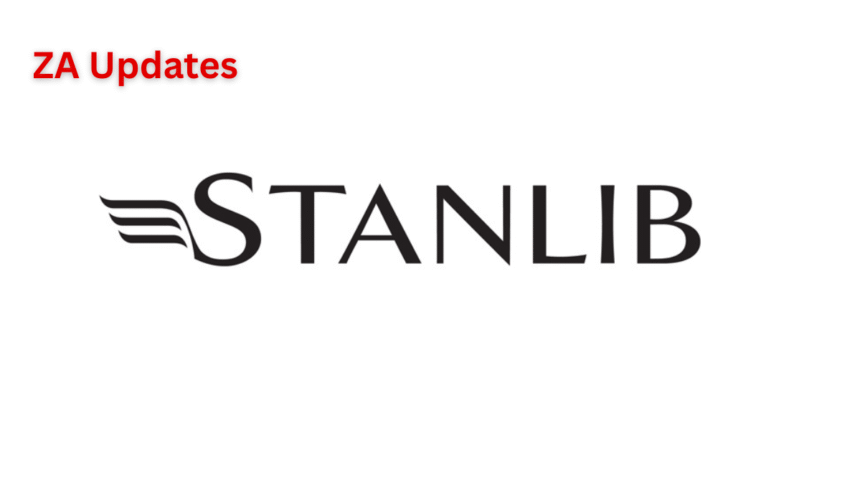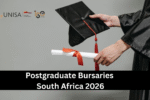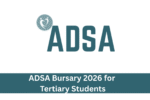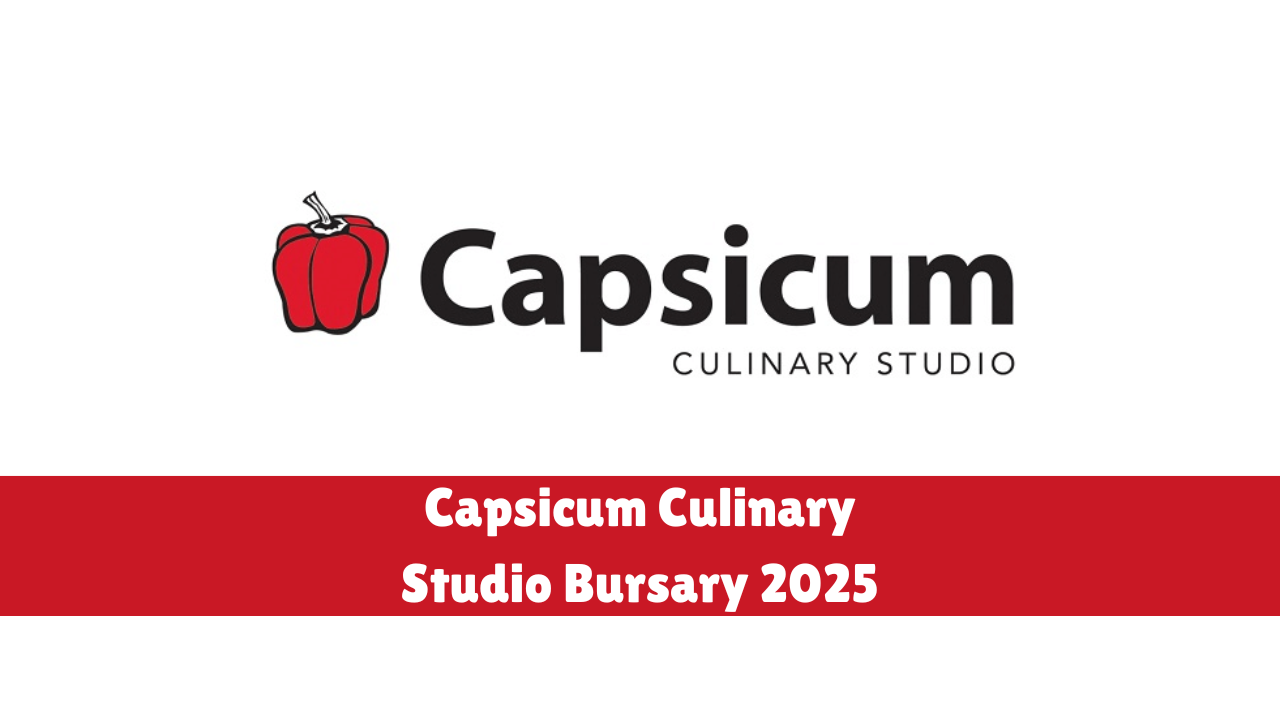Stanlib Bursary South Africa For 2026. The Stanlib Bursary South Africa for 2026 is a golden opportunity for ambitious young South Africans who dream of building a future in the world of finance, economics, accounting, actuarial sciences, and investment management. This prestigious bursary programme not only supports students financially but also serves as a stepping stone towards meaningful careers in one of Africa’s leading multi-specialist asset management firms.
Understanding Stanlib
STANLIB was established in 2002 after the strategic merger of Standard Corporate and Merchant Bank (SCMB), a subsidiary of Standard Bank of South Africa, and Liberty Asset Management (LIBAM), a subsidiary of Liberty Holdings. This merger created a powerhouse in asset management.
Today, STANLIB stands tall as the largest unit trust company in South Africa by market share, managing investments for over 500,000 clients. Headquartered in Johannesburg, Stanlib has expanded its footprint across eight African countries and key international markets. It operates as a wholly-owned subsidiary of JSE-listed Liberty Holdings Limited, seamlessly connecting institutional and retail clients with lucrative investment opportunities across diverse asset classes.
About the Stanlib Bursary Programme
The Stanlib Bursary South Africa for 2026 aims to nurture young talent by providing financial assistance to deserving students pursuing qualifications in critical fields that fuel the financial services sector.
Here are the key fields of study covered under this bursary:
| Fields of Study Covered |
|---|
| Accounting |
| Actuarial Sciences |
| Economics |
| Finance |
| Investment Management |
By focusing on these areas, Stanlib ensures that its bursary recipients gain the expertise needed to contribute significantly to South Africa’s economic growth and financial stability.
Eligibility Requirements for the Stanlib Bursary South Africa for 2026
To qualify for the Stanlib Bursary, applicants must meet stringent criteria designed to select only the most dedicated and deserving students. This commitment to excellence ensures that the investment in young talent yields capable future professionals.
Minimum Requirements
- Must be a South African citizen
- Have completed Matric
- Possess a strong academic record
- Achieved at least 70% overall average in all subjects
- Must have studied Mathematics (not Mathematical Literacy)
- Be studying towards an Undergraduate (first, second, or third year) or Postgraduate (Honours) qualification in one of the specified fields
- Be from a previously disadvantaged background
These eligibility standards reflect Stanlib’s dedication to empowering young South Africans, especially those from underprivileged communities, by giving them a platform to excel.
Application Process: How to Apply for the Stanlib Bursary
Applying for the Stanlib Bursary South Africa for 2026 is straightforward but requires careful attention to detail. Applicants must submit a well-prepared package of documents along with the official application form.
Documents Required
| Required Documents |
|---|
| Certified copy of applicant’s ID document |
| Certified copies of parents’ or guardians’ ID documents |
| Certified copy of death certificate if parents are deceased |
| Parents’ or guardians’ latest payslip |
| Matric students: copy of June results for this year |
| University students: copy of full academic transcript |
Submission Methods
Completed applications with all supporting documents must be submitted through one of these channels:
- Email: [email protected]
- Fax: 0867 277 501 / 011 448 6666
- Delivered in person: yamlCopyEdit
STANLIB 17 Melrose Boulevard Melrose Arch 2196 - Post: mathematicaCopyEdit
P O Box 202 Melrose Arch 2076
Applicants are urged to ensure that their submissions are complete, as missing documents will result in disqualification.
Stanlib Bursary Deadlines
The closing date for the Stanlib Bursary South Africa for 2026 applications is 30 September 2025. It’s crucial to submit your complete application before this date to be considered. Late applications will not be accepted under any circumstances.
Shortlisting and Feedback
Shortlisted candidates will be contacted within three weeks of the application deadline. If you do not receive any communication within this timeframe, please regard your application as unsuccessful.
Why the Stanlib Bursary Matters
In a country where many bright students are held back by financial constraints, the Stanlib Bursary South Africa for 2025 plays a vital role. It enables students to focus on their studies without the added pressure of tuition and related costs, helping build a robust pipeline of skilled professionals who can contribute to the economic landscape.
Additional Benefits and Insights
Apart from covering tuition, bursaries like these often foster professional networks. Stanlib, as a leading asset manager, gives its bursary recipients indirect access to valuable industry insights, mentorship, and even potential future employment.
Contact Details for Queries
If you have questions about the Stanlib Bursary South Africa for 2026, use the official contact details to get reliable information:
- Email: [email protected]
- Johannesburg Head Office: 011 448 6000
FAQs About the Stanlib Bursary South Africa for 2026
What expenses does the Stanlib Bursary typically cover?
While details vary by recipient, the Stanlib Bursary South Africa for 2026 generally covers tuition fees, registration costs, prescribed textbooks, and in some cases, a stipend for living expenses.
Can I apply if I am studying outside the listed fields?
No. The bursary is strictly for students pursuing qualifications in Accounting, Actuarial Sciences, Economics, Finance, or Investment Management.
How will I know if my Stanlib Bursary application is successful?
Shortlisted candidates will be contacted within three weeks after the closing date. If you do not receive feedback by then, you can consider your application unsuccessful for this cycle.
Conclusion
The Stanlib Bursary South Africa for 2026 is more than just financial assistance it’s an opportunity to kickstart a remarkable journey in finance, economics, or investment. With Stanlib’s extensive industry experience and dedication to uplifting talented young South Africans, this bursary can set you on a path to making a meaningful impact in the financial sector.










